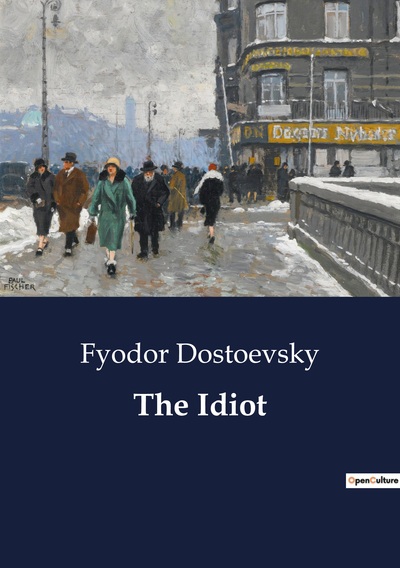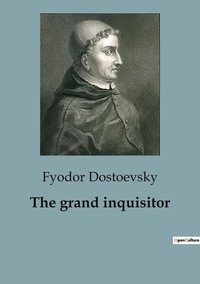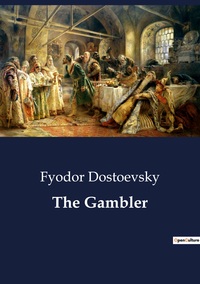Nous utilisons des cookies pour améliorer votre expérience. Pour nous conformer à la nouvelle directive sur la vie privée, nous devons demander votre consentement à l’utilisation de ces cookies. En savoir plus.
The Idiot
EAN : 9791041805280
Édition papier
EAN : 9791041805280
Paru le : 12 avr. 2023
34,95 €
33,13 €
Disponible
Pour connaître votre prix et commander, identifiez-vous
Notre engagement qualité
-
 Livraison gratuite
Livraison gratuite
en France sans minimum
de commande -
 Manquants maintenus
Manquants maintenus
en commande
automatiquement -
 Un interlocuteur
Un interlocuteur
unique pour toutes
vos commandes -
 Toutes les licences
Toutes les licences
numériques du marché
au tarif éditeur -
 Assistance téléphonique
Assistance téléphonique
personalisée sur le
numérique -
 Service client
Service client
Du Lundi au vendredi
de 9h à 18h
- EAN13 : 9791041805280
- Réf. éditeur : 290587
- Date Parution : 12 avr. 2023
- Disponibilite : Disponible
- Barème de remise : NS
- Nombre de pages : 872
- Format : H:210 mm L:148 mm E:46 mm
- Poids : 1.104kg
- Résumé : Acclaimed by the 20th-century Russian critic Mikhail Bakhtin for its "polyphony" (a literary concept introduced by Bakhtin to describe a plurality of voices within a narrative), The Idiot is regarded by modern critics as one of Dostoevsky's most experimental and artistically uneven novels. The novel follows the entrance of the epileptic Prince Muishkin—a character Dostoevsky meant to represent a "positively good and beautiful man"—into a circle of Russian high society characterized by vanity, greed, and social ambition. Thanks to his epileptic condition and his simplicity, earnestness, and kindness of heart, Muishkin is frequently branded by his newfound social circle as the titular "idiot"; but in reality, he's a man of extraordinary sensitivity and insight. His arrival in society sets off a series of dramatic events and interpersonal strife centered around himself and his distant relations. The Idiot drew upon many of Dostoevsky's significant personal experiences, such as his Russian Orthodox faith, his experience of nearly being executed in 1849, and his own struggle with epilepsy, all of which inform his depiction of Prince Muishkin's distinctive psychology.












